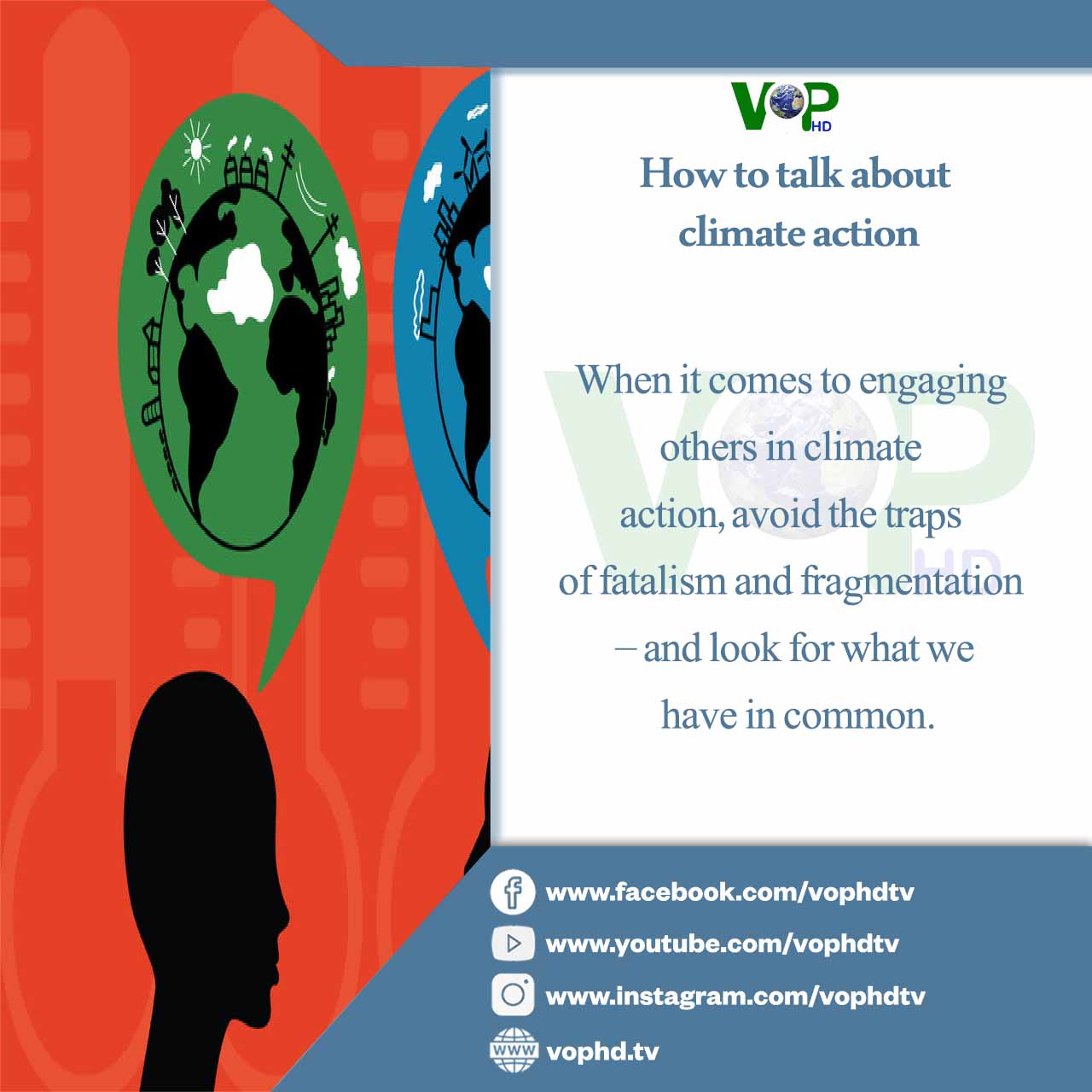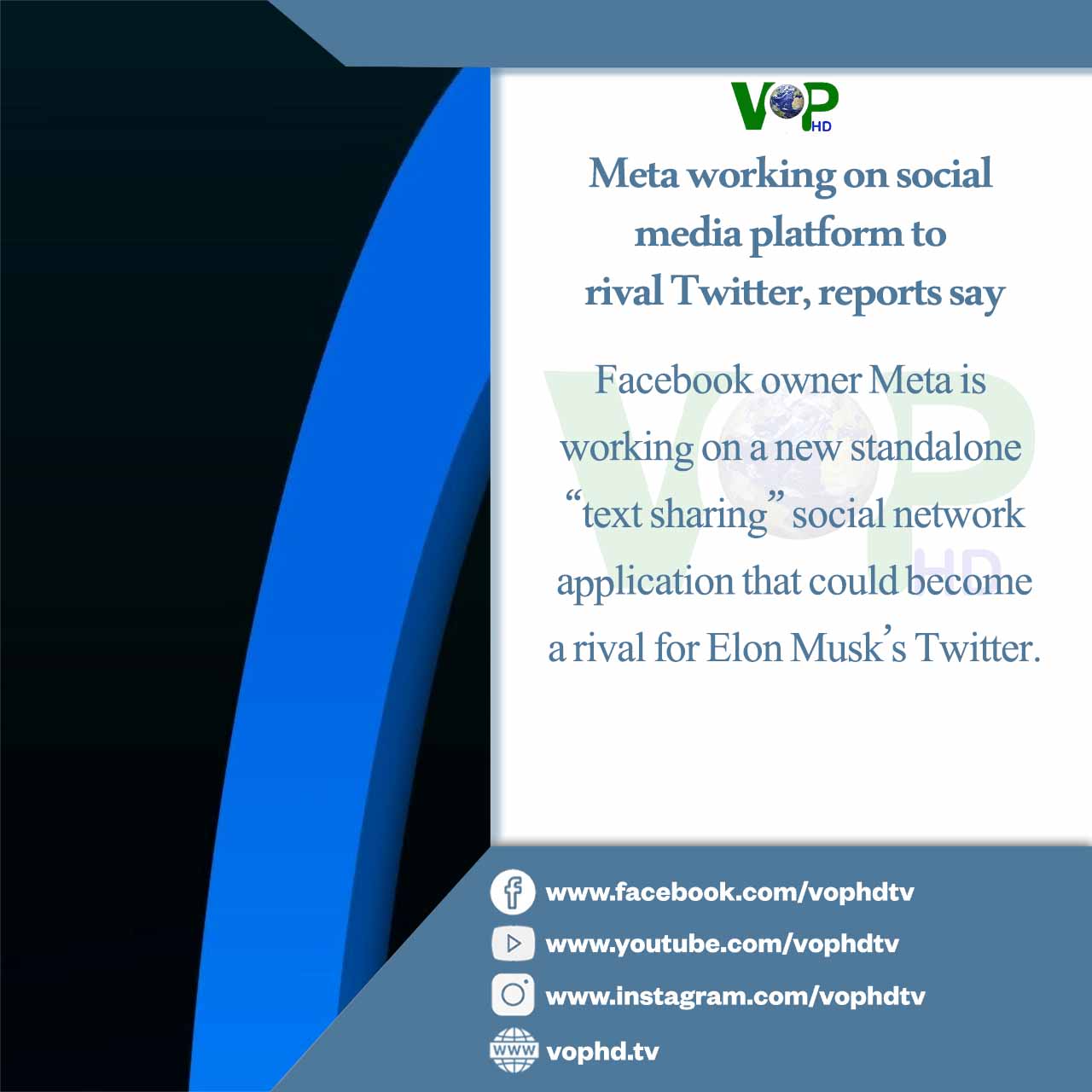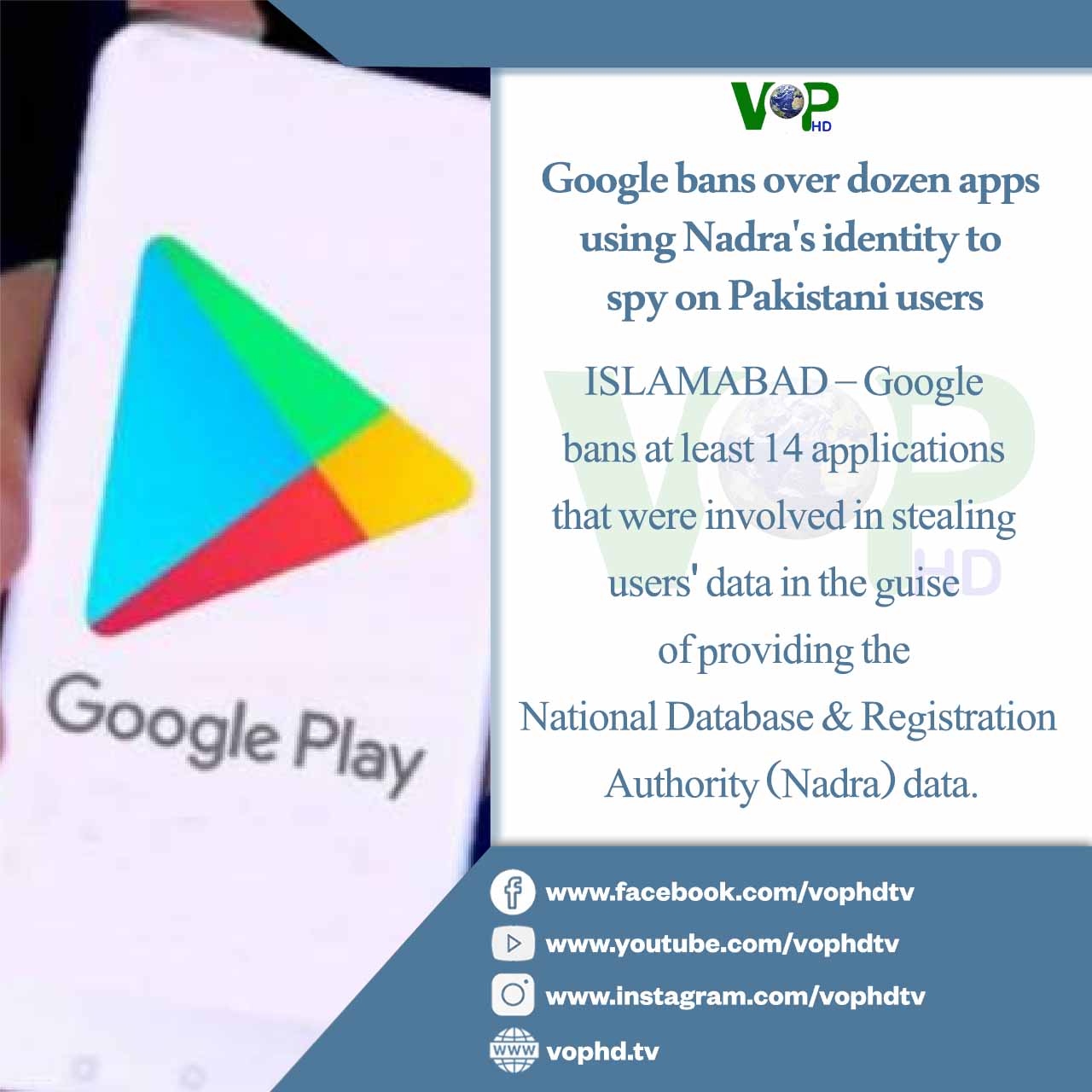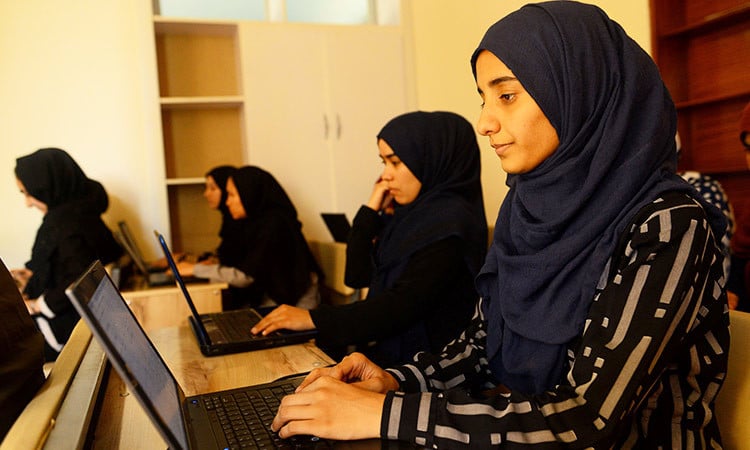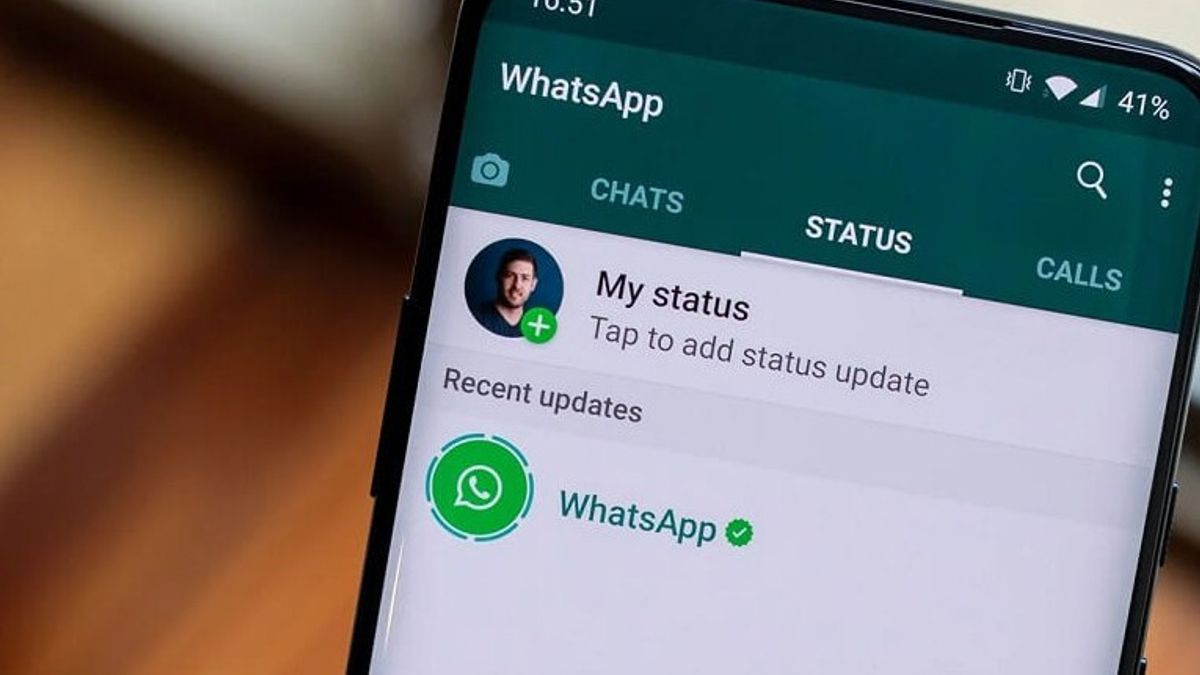A French university has banned the use of ChatGPT, a language model developed by OpenAI, over concerns about fraud and plagiarism. The university’s decision to ban the use of ChatGPT is based on the fear that students may use the tool to produce assignments or other academic work that is not their own. The ban will prevent students from using the tool for any academic purposes and is a clear indication of the growing concern over the potential for artificial intelligence tools to be used for unethical purposes.
The university’s ban on ChatGPT is not the first instance of artificial intelligence tools being banned in educational institutions. In recent years, there have been several instances of universities banning AI tools such as essay writing software and others over similar concerns about fraud and plagiarism. The use of AI tools in education is a complex issue, as on one hand, they can be used to enhance learning and make academic work easier, but on the other hand, they can also be used for unethical purposes.
The use of ChatGPT in education raises a number of ethical and practical questions, and it is important for universities and other educational institutions to consider these carefully. For example, what counts as plagiarism in a world where AI tools can generate content? How can institutions ensure that students are not using AI tools to produce work that is not their own? And what role should AI play in education and academic work?
In conclusion, the ban on ChatGPT by the French university is a reflection of the growing concern over the potential for AI tools to be used for unethical purposes in education. While the use of AI in education has many potential benefits, it is important for institutions to carefully consider the ethical and practical implications of these tools and to take steps to ensure that they are used in a responsible and appropriate manner.
























































































































